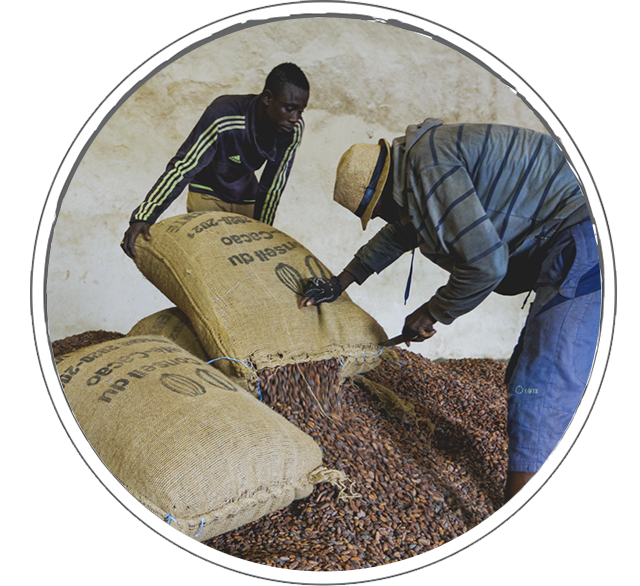Social and environmental impact measurement

Context
The latest IPCC report reminds us of the urgency of transforming our societies in depth and the major role of the involvement of all sectors to make this possible. To drive this change on a large scale, ESG regulations, certifications/labels and other compliance concepts are necessary. Today, however, they are no longer sufficient to address the climate emergency, the convergence of environmental and social crises, and the growing expectations of citizens.
Some pioneers have already decided to go further than these standards, by setting more ambitious objectives and mobilizing the appropriate resources. This forward-thinking action gives them a competitive advantage and leadership in new markets: climate and carbon finance, regenerative agriculture, ecological transition, etc.
Some are looking even further ahead, aiming for systemic impact, beyond the broadest individual scope, to transform their industry including their competitors.
More than ever, it is necessary for institutional and private actors to go beyond risk management and engage in long-term positive impact creation.
Measuring environmental and social impact is at the heart of this societal transformation process.


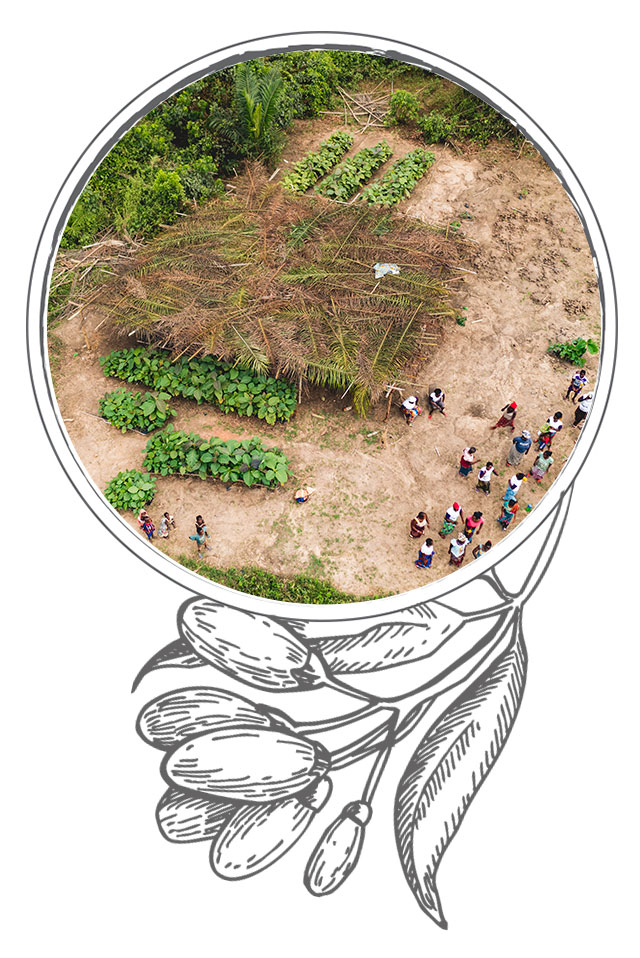
Your needs
Meet and exceed ESG regulatory standards
to differentiate and improve the resilience of your project, territory or value chain
Define your strategy to create a positive impact
with a global vision and by engaging your stakeholders
Measure and improve your social and environmental impact
in a dynamic of continuous progress
to differentiate and improve the resilience of your project, territory or value chain
with a global vision and by engaging your stakeholders
in a dynamic of continuous progress
Kinomé's offer:
Kinomé helps you in a qualitative and quantitative way in the measurement of environmental and social impact, using the 7 Fundamental and Universal Needs of the Human Being as a compass. This innovative methodology has been developed by Kinomé using the Ethical Leadership engineering method and has been proven useful over the course of the last 15 years in more than 40 countries. We co-create with you impact improvement plans in a dynamic of continuous progress. We work with you to identify measures that are coherent with your core business and relevant to the reality of the field.
Do you want to create a positive social and environmental impact? Kinomé accompanies you to :

Define/consolidate the impact creation strategy:
vision, rationale and theory of change (path leading from the current situation to the desired future situation).

Identify the indicators of results, effects and impacts sought, as well as their collection methods:
M.R.V. system (Monitor Report Verify).

Establish the baseline situation:
audit the current impact and diagnose the stakeholders' satisfied and unsatisfied needs.

Propose concrete improvements:
operational progress plan and regular monitoring of its implementation and updates.
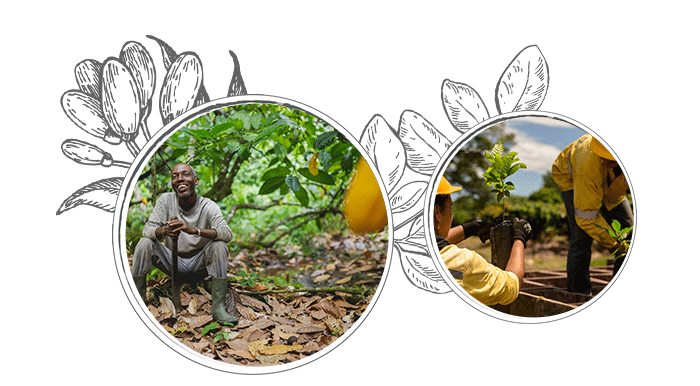
Our references
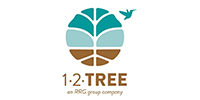
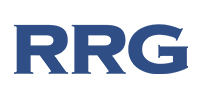
Evaluation and improvement of the impact of agroforestry projects for an investment fund on 12 projects (Colombia, Costa Rica, Ecuador, Guatemala, Panama, Peru, Dominican Republic, Morocco, México).
- Strategic support of the management team from the moment of the creation of the fund
- Baseline of each project: identification of satisfied and unsatisfied needs of workers and local communities
- Co-construction of progress plans
- Follow-up on the implementation and updates of progress plans
Value chains
WOOD
COCOA
COFFEE
FRUITS
DATTES
COCO
SPICES
honey
Country :
COLOMBIA
COSTA RICA
ECUADOR
PERU
guatemala
PANAMA
Dominican Republic
MEXICO
MOROCCO
ECUADOR
PERU
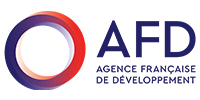
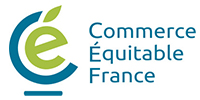
Assessment of the environmental impacts of 19 fair trade projects (Ivory Coast, Mali, Burkina Faso, Ghana, Togo)
- Construction of the methodology – MRV (Measurement, Reporting and Verification)
- Design of a guide for environmental impact assessment at the project and program level
- Annual monitoring and final validation of impacts
- Support of thematic studies (sustainable management of shea parks, circular economy, relationship between fair trade / investment of cooperatives in energy efficient production systems / environmental impacts)
Value chains :
shea butter
COCOA
handicrafts
cashew nuts
Country :
Côte d’Ivoire
MALI
Burkina faso
ghana
TOGO

Accompaniment of Les Prés Rient Bio: Brand strategy and analysis of ingredient chains (Normandy, France)
- Strategic work with the management committee and the extended team
- Training in impact measurement and introduction to the “Theory of Change”
- Benchmarking with LPRB stakeholders
- Progress plan
Testimonials
By using a participative method, rooted in our history and our individual and collective interests, Kinomé helped us build solutions that fit our needs and anchor those solutions in the long term. Our team came out all the more united, greatly motivated to continue moving forward.”

